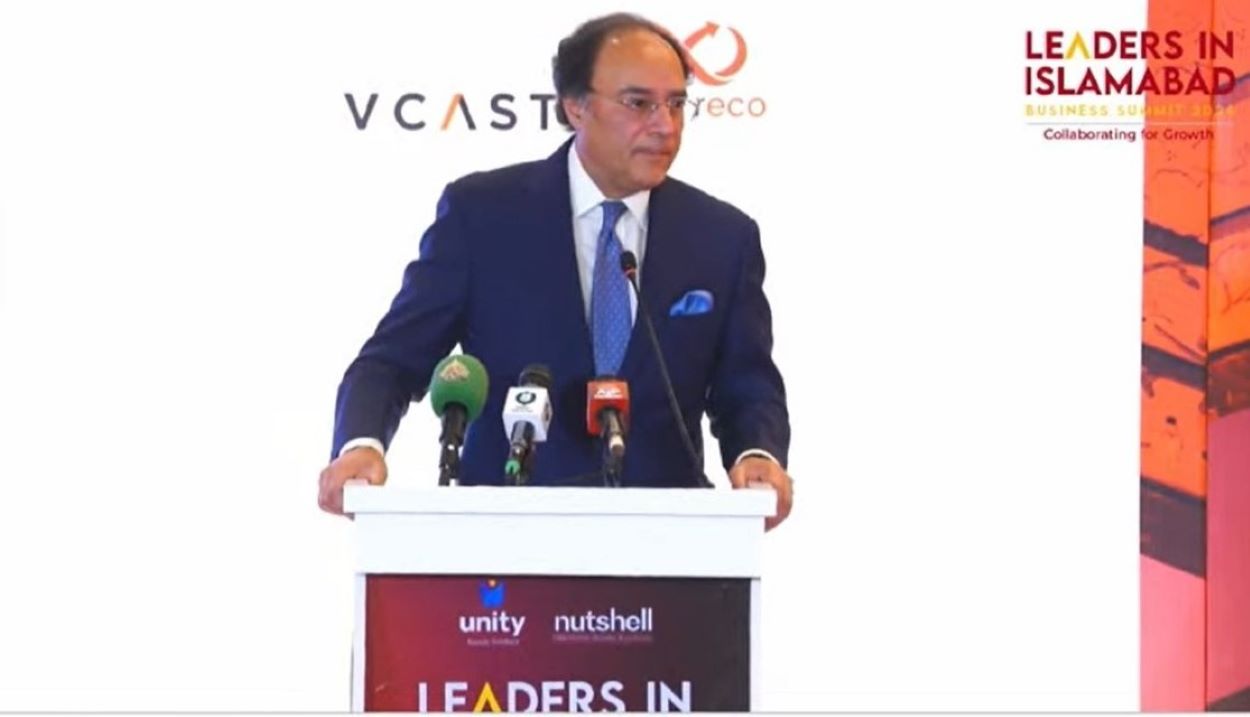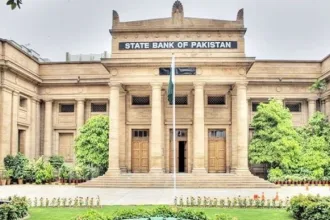Finance Minister Muhammad Aurangzeb recently emphasized that there is no secrecy in the IMF loan agreement, pointing out that while countries like China and Saudi Arabia are interested in investing, they are not prepared to roll over loans or deposits.
During his address at the Islamabad Literature Festival, Minister Aurangzeb highlighted the stabilization of the currency and growth in foreign exchange reserves, expected to cover three months’ worth of imports by mid-year. He also noted a decrease in inflation, which should benefit the general populace.
The minister drew attention to the discrepancy in chicken prices, which have decreased globally by 14% but have risen by 15% in Pakistan. Despite repaying a $1 billion loan, the country’s foreign reserves remain robust.
Aurangzeb underscored the urgent need for tax reforms, citing the unsustainability of the current 9 to 10 percent tax-to-GDP ratio. He called for structural reforms within the Federal Board of Revenue to restore its credibility and trust.
The minister also spoke about the challenges of digitalization in tax collection, including his personal difficulties in filing tax returns without an advisor. He committed to advancing digital solutions to minimize leaks and eradicate corruption in tax refunds.
He urged the business community to eschew “speed money” and highlighted that the nation could not solely depend on donations. The private sector, he asserted, must play a more significant role in governance. He also discussed the complexities involved in privatizing Pakistan International Airlines, which would have been simpler if addressed a decade earlier.
Furthermore, Aurangzeb mentioned exploring various privatization methods for state-owned enterprises, including outsourcing and public-private partnerships. He revealed plans to issue Euro bonds next year and ongoing discussions for Panda bonds.
With Pakistan’s population growth rate at 2.55% and expected challenges as the population reaches between 400 to 450 million, he expressed serious concerns about the future.
In conclusion, the minister advocated for reforms in taxes, energy, and public institutions to ensure Pakistan’s long-term sustainable development. He emphasized the need for the private sector to lead these efforts, reducing government dependency and enhancing system efficiency.






